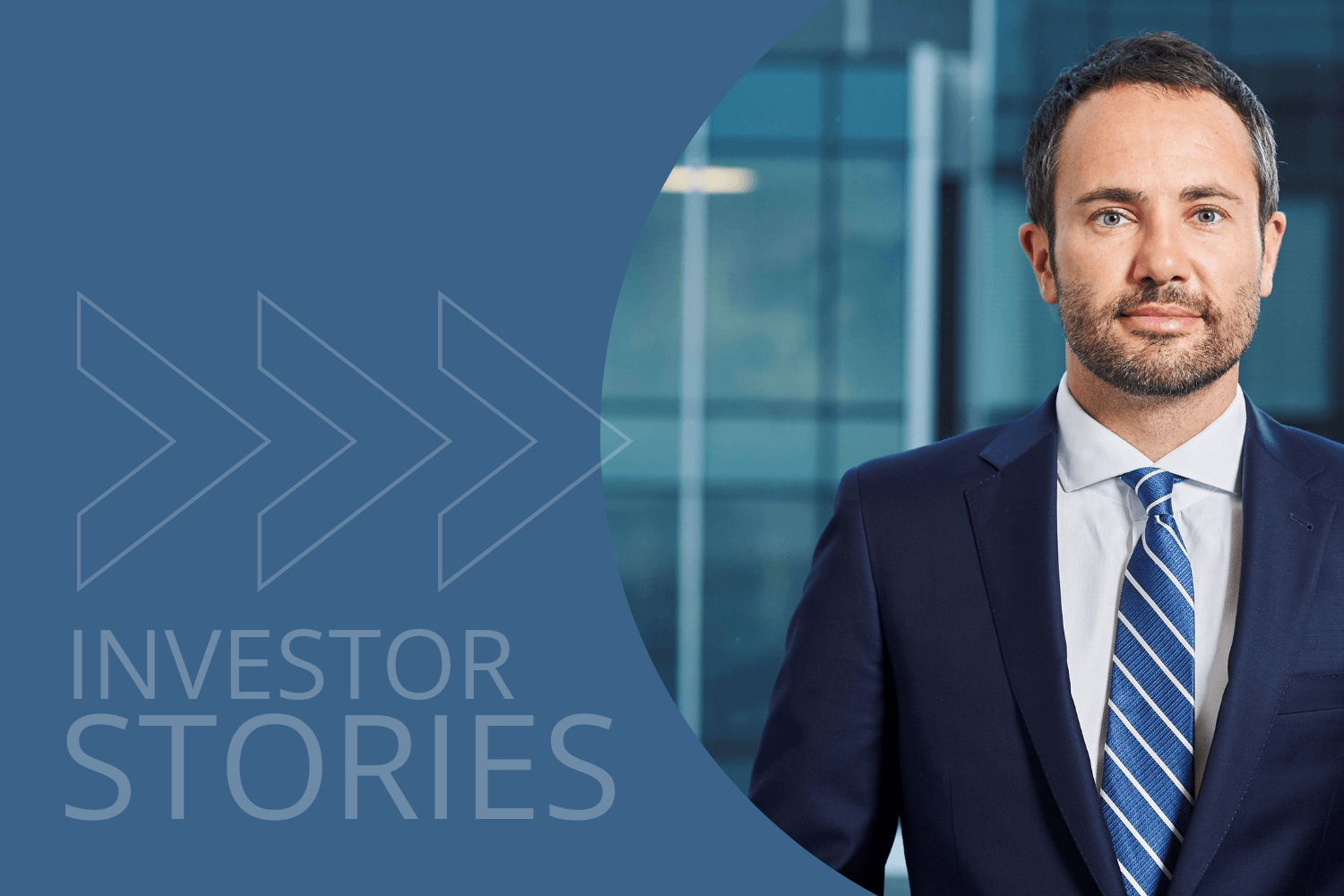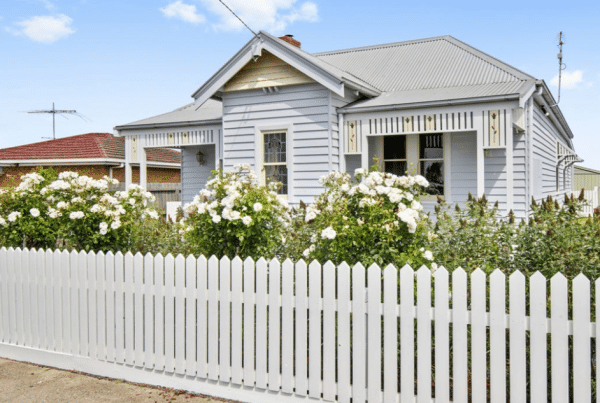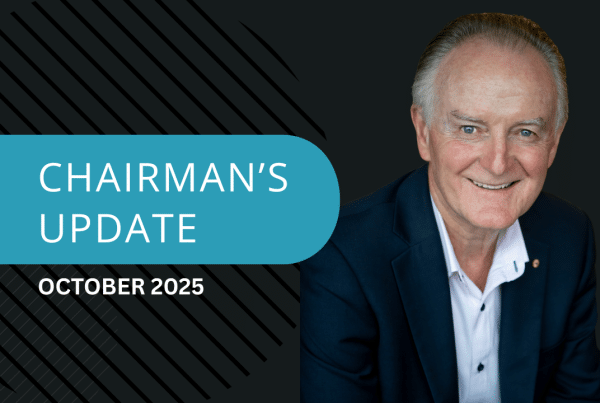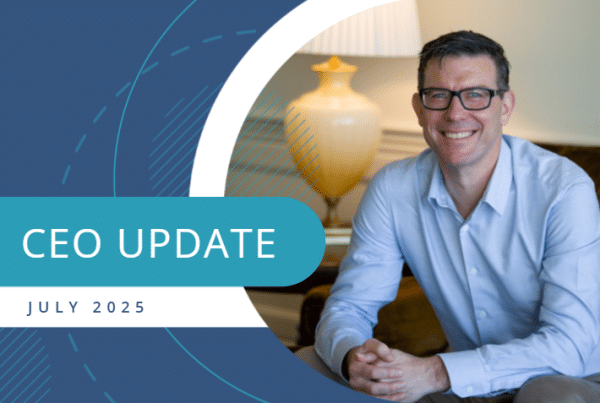
There are plenty of stories of how the Baby Boomer generation built their wealth through directly owning property, and there are equally as many stories on how the current generation is grappling with avenues to home ownership. Could the democratisation of residential property ownership, via new property funds, be a way to both access an asset class which is increasingly becoming off limits to younger generations as well as address the challenge of increasing home ownership?
In a recent conversation, Alex Ovchar, an up-and-coming leader in private equity, shared some great insights about his investment journey and his passion for HOPE Housing Fund Management. As part of the conversation we covered some key topics, including the importance of long-term investing and what makes HOPE Housing a standout.
A Career Built on Strong Foundations
Alex’s journey in private equity is impressive. With a background in law and commerce from the University of Adelaide, he honed his skills at the Boston Consulting Group in Sydney and Morgan Stanley in London. For the past 13 years, he’s been with Pacific Equity Partners (PEP), taking on various roles – first decade in the private equity investment team – and since then as a member of PEP’s partner and client group – giving him a well-rounded view of the private equity industry. Alex has been involved in all PEP fundraises and spoke to us about PEP Gateway in particular.
PEP Gateway: Rethinking the Private Equity Model
Generally, private equity funds buy and grow assets over the course of four to six years or so before selling”, Alex said. “In some instances, private equity managers would like to hold the asset for a longer-term period given the ongoing growth but want to provide existing investors the opportunity to exit. In the right circumstances, this is a great opportunity to invest in a ‘trophy’ asset mid-step on a successful growth journey.
PEP Gateway Evergreen targets such ‘star’ assets offered by other leading firms in the PEP global network, filtered through an in-house diligence process. PEP Gateway fund is an open-ended structure, which allows investors to invest and redeem on a monthly basis (subject to customary limits), he said.
Over the last two years the strategy has delivered returns of 16 per cent per annum, net of fees and expenses and after reinvestment of any distributions. In the same way that PEP Gateway is democratising the way investors access private equity, HOPE Housing is delivering a new model for investors to access residential real estate at scale.
Investment Philosophy: Long-Term Focus and Control
In our conversation, we asked Alex to share his approach to investing. He notes, “I invest by two key principles: thinking long-term and focusing on what can be controlled”. He goes on to articulate that he believes it’s essential to look beyond quick returns and choose investments that have real long-term growth potential. He also highlights the importance of selecting investments where risks are manageable and influenced by the investor, rather than being at the mercy of market dynamics.
HOPE Housing: A Unique Investment Opportunity
As a recent investor in the HOPE Housing Residential Property Trust (Fund 2), Alex highlights three key aspects that, from his perspective, drew him to make an in investment: solid financial returns, a diversified portfolio, and a meaningful social impact.
HOPE Fund II targets an impressive 15% annual return, “pretty exceptional by any measure, let alone for one that’s in an open-end fund structure”, notes Alex.
Alex was attracted to HOPE’s demonstrated track record in its first fund1, which operates as a closed-end fund (like many traditional private equity vehicles). He also liked the idea of an open-end vehicle (having set up the Gateway fund for PEP as open-end), so decided to invest in HOPE’s second fund,2 which has an open-end structure.
With his background in finance, Alex has done his due diligence and points to the strength of HOPE Fund II’s return drivers – steady appreciation of residential property values, underpinned by finite land in desirable locations.
He goes on to say “if you do nothing else other than look at that, you have an asset class that’s very defensive, and ultimately, I think is backed by a lack of available land. You can’t wizard your way to create more land. It is a limited, finite resource. So that is sort of step one.
Then there’s a fundamental 9% appreciation of property price3 (as observed over the last 50 years in the Sydney housing market) and with sensible leverage, it’s very understandable how that gets to 15%, especially in a diversified portfolio”.
 Figure 1: Indexed Median Sydney House Price since 1970 (log scale)4
Figure 1: Indexed Median Sydney House Price since 1970 (log scale)4
Diversification with Impact
Alex highlights HOPE Housing’s diversification strategy, which helps reduce risks tied to local real estate markets. Alex highlights that the challenge is two-fold. “Firstly, there is a concentration risk – by default, you are buying a house on a street in a suburb which if there’s a development or there’s any change, it’s financially a bit irresponsible to be that concentrated. Secondly, when you look at managed funds out there, there’s not that many that can deliver what HOPE is – good residential real estate in good areas with a diversified profile. There are commercial trusts, industrial trusts, but not that many residential trusts”.
Beyond just the numbers, HOPE Housing tackles a real social issue by helping essential workers find homes in the communities they serve. Alex notes the paradox that many healthcare and law enforcement professionals, the people in society that we rely on to keep us safe and manage our health – struggle with housing costs and therefore cannot afford to live in the communities they serve, which makes HOPE Housing’s mission even more important.
Final Word
Alex’s thoughts on HOPE Housing highlight the potential for investments to create both economic gains and critical, positive social change. Alex concludes our conversation by thanking HOPE Housing for focusing on the housing needs of essential workers. He says, “HOPE Housing offers an attractive investment opportunity to investors that contributes to the well-being of some of the most important members of our communities – essential workers”.
Want to learn more about investing with HOPE?
Book a meeting with Evan Hinchliffe
Head of Distribution

Footnotes
1 HOPE Fund I is the HOPE Housing Investment Trust
2 HOPE Fund II is the HOPE Housing Residential Property Trust
3 Houses only
4 Analysis performed on Oxford Economics data. HOPE Fund return may not be correlated to the historical returns of the Sydney residential property market
Important Information
Past performance is not a reliable indicator of future performance. Target returns are indicative only and are not guaranteed. Actual returns may vary, and investors should carefully assess the associated risks. The performance of HOPE Fund II and returns may not correlate to the historical performance and returns of the HOPE Fund I. Quotes are views of third parties only and may not reflect the performance of the Fund nor reflect the opinions of the Trustee or their affiliates. Investors should seek independent financial advice before making any investment decisions. Please see full disclaimer at https://hopehousing.com.au/investor-disclaimer/




